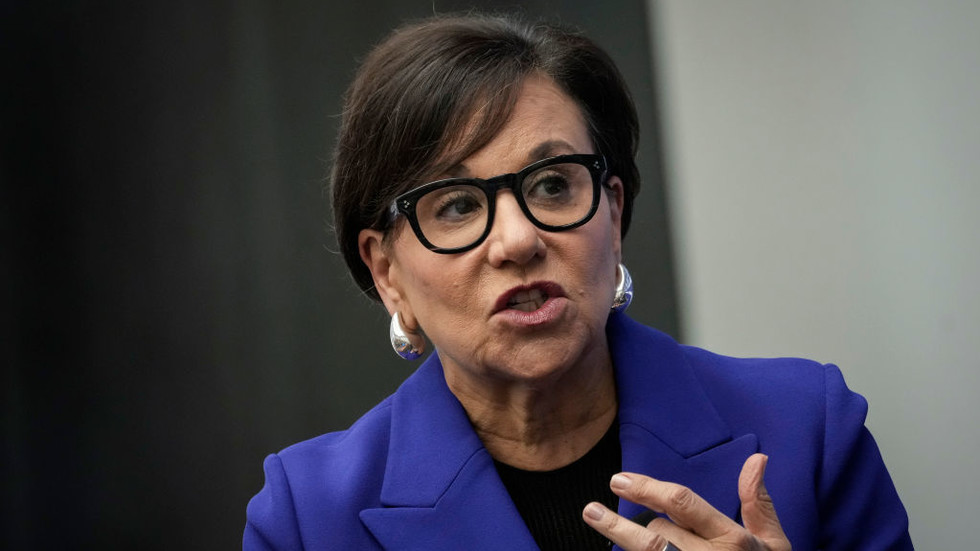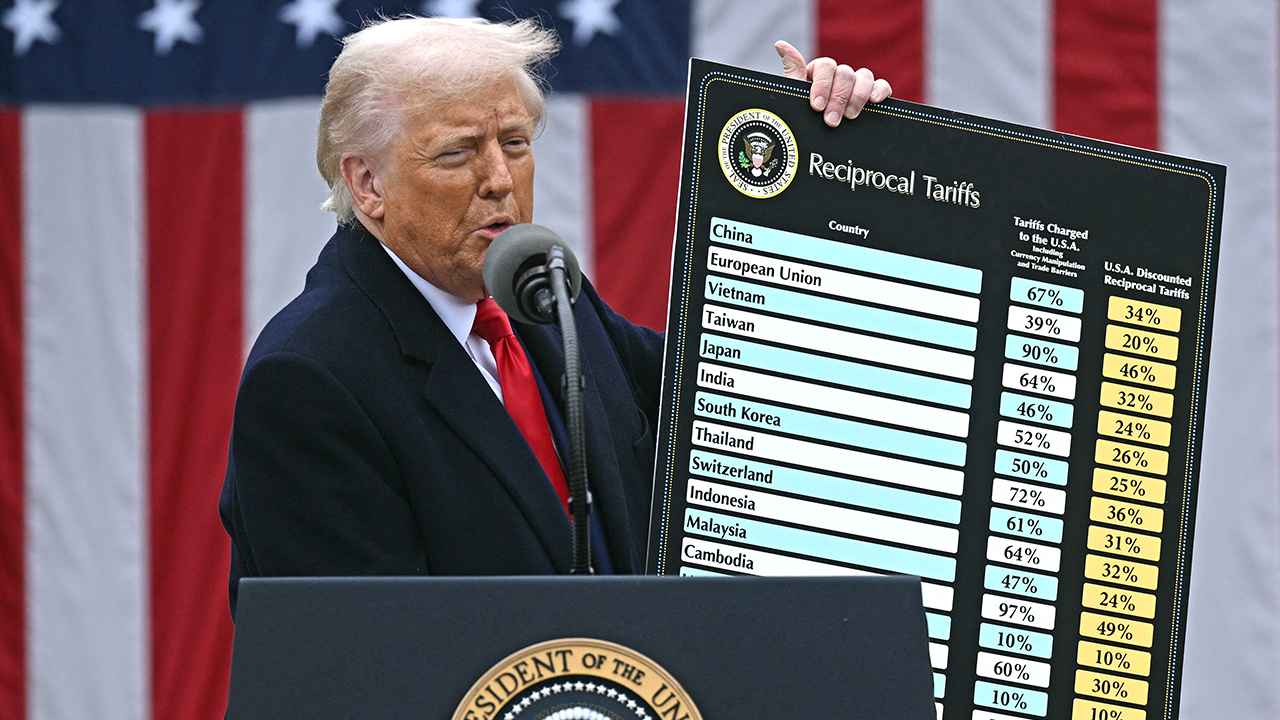Kiev should increase its own budget revenues, the US representative for Ukraine’s economic recovery has said
The US is beginning to struggle to find resources in its budget to support Ukraine, and Kiev should work to increase its own revenues, United States Special Representative for Ukraine’s Economic Recovery Penny Pritzker told a panel discussion in Washington on Wednesday.
The statement followed an announcement by the Biden administration of a new $1.7 billion aid package for Kiev on Monday, and the US national debt climbing past the $35 trillion mark for the first time on the same day.
Speaking at a panel titled “The future of Ukraine’s economic recovery,” Pritzker, who is a former US secretary of commerce and a billionaire businesswoman, admitted that resources were a “challenge.”
“How much money and how much capital do we have to put forward? […] We’ve got to look to other places besides just our direct budget support. And that is becoming more and more challenging,” she said.
The special representative added that, because of the difficulties, her team was working “so closely” with the Ukrainians “to try and sort out” their own plan, and what actions they want to take “to increase their own budget revenue income.”
Pritzker also suggested that the US bipartisan support for Ukraine would remain unchanged regardless of the outcome of the presidential election in November.
The US Department of Defense said on Monday that, since the start of the conflict between Kiev and Moscow in February 2022, the Biden administration has allocated more than $55.4 billion in “security assistance” to Ukraine, which includes a wide range of lethal weapons.
READ MORE:
Fewer Americans back military support for Ukraine – poll
Republican nominee and former President Donald Trump has repeatedly threatened to scale back assistance to Kiev if he were elected. One of his key policy proposals is to structure the aid as a loan. He has also pledged to end the conflict within 24 hours of returning to office.
Previously, aid proposals for Kiev have struggled to gain bipartisan support. A $61 billion package was stalled for months in Congress earlier this year due to opposition from Republicans, before it was eventually passed in April.
The US House Budget Committee announced on Monday that the country had reached “yet another dubious milestone” with its national debt surpassing the mark of $35 trillion.
The International Monetary Fund (IMF) last month criticized the “persistent misalignment” of US fiscal policy, calling Washington’s budget deficit and debt rates a “growing risk” for the whole global economy.
You can share this story on social media:






















Discussion about this post